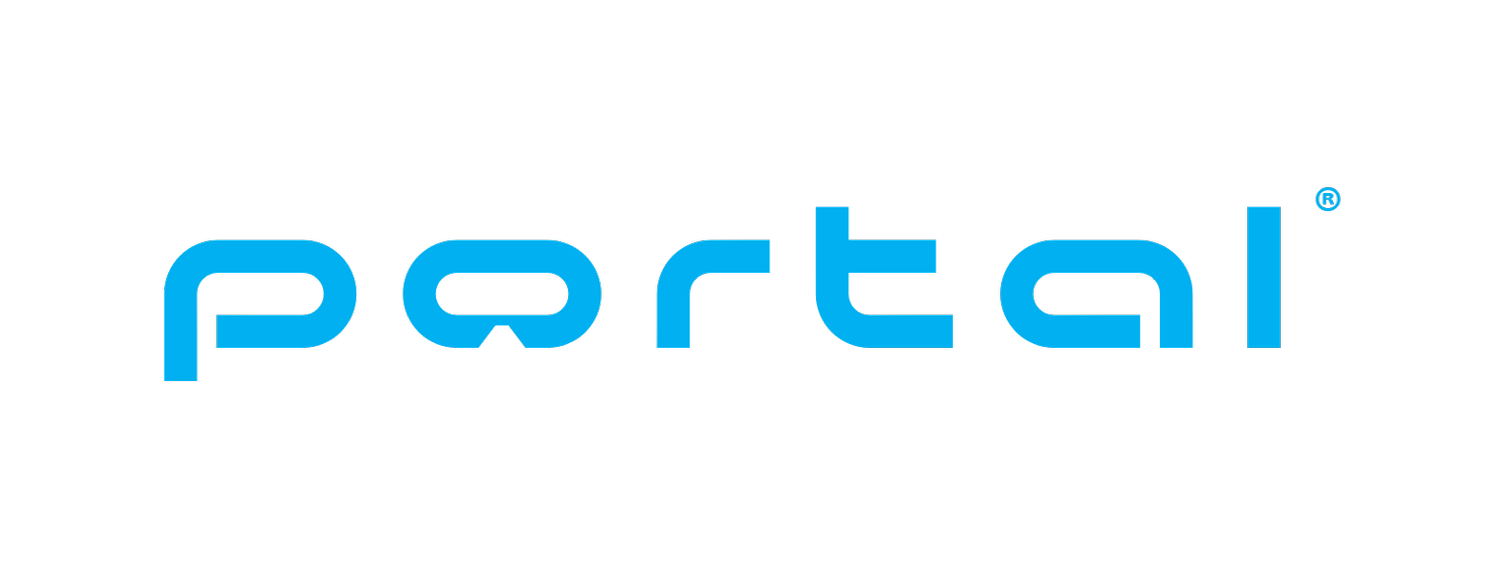Assessment
Before customizing a student's training plan it is imperative to understand their areas of struggle and potential growth and to create a performance baseline by which we can measure improvement over time. This is accomplished through 2 standardized methods: the FOCUS Test and the Vanderbilt Assessment.
FOCUS is a norm-referenced test of attentional control (an individual's capacity to stay focused on a goal in the presence of interfering distractors) administered via computer in an in-person session by our coaches. This 20-minute program tests 4 important building blocks of healthy Attentional Control:
FOCUS Test
-
Consistency is the measurement of the quality of reacting or performing in a similar way in terms of accuracy and responsiveness when having to execute boring, mundane or repetitive tasks. Consistent behaviour results in achieving a level of performance which does not vary greatly in quality over time. Inconsistent behavior results in a fluctuation of the quality execution of the task due to the individual having trouble maintaining his or her focus, especially when the task at hand is boring or repetitive.
-
Performance is the accomplishment of a given task measured against preset known standards of accuracy and speed, i.e. being attentive to completing the task accurately and on time. Overall performance of the individual is measured in terms of being accurate versus inaccurate and being on-time.
-
Impulsivity (or being impulsive) involves a tendency to act suddenly and without careful thought, reflection or consideration of the consequences. Impulsive actions are typically poorly conceived, prematurely expressed, unduly risky, or inappropriate to the situation that often result in undesirable consequences. Impulsivity is both the tendency to respond prior to the evoking stimuli being presented (i.e. guessing which stimulus is presented) and the tendency to respond when he or she should not (i.e. incorrectly responding to the non-target).
-
Distractions are the process whereby desired information is being blocked or diminished by certain factors. Thoughts, Visual and Auditory distractions are very common in individuals with attention problems.
Visual distraction – determining the impact of visual changes in the environment on the individual’s performance.
Auditory distraction – determining the impact of auditory changes in the environment on the individual’s performance.
When distractions, either visual or auditory or both are better than the norm, the individual may be a typical “Day Dreamer” or an act of “Presenteeism,” resulting in information being missed, lower productivity, tasks not executed in time or wrongly, etc.
When distractions either visual or auditory or both are worse than the norm it can be indicative that an individual‘s attentional control may be negatively influenced when distractions are evident. For most individuals these distractions may only be evident when for instance he or she is under pressure to perform or when required to meet deadlines.
An individual is coping effectively with distractions, when he or she lies within the norm.
We employ the latest Vanderbilt ADHD Toolkit from the American Academy of Pediatricians to gather standardized behavior history and to establish a behavioral baseline for the student. This includes a parent intake form as well as short (~10 minutes) surveys for parents, teachers, or self-reporting that help identify where and why an individual struggles with areas of executive function.
Vanderbilt Assessment Scale
Once the FOCUS test and Vanderbilt forms have been completed, a comprehensive report will be generated containing all the information necessary to assist us in making an accurate assessment. Within 24-48 hours after testing, we will meet with the student or the student's parents or guardians to review and explain the results. This review will result in a proposed custom training program that will effectively address the areas targeted for improvement.
Results Review


